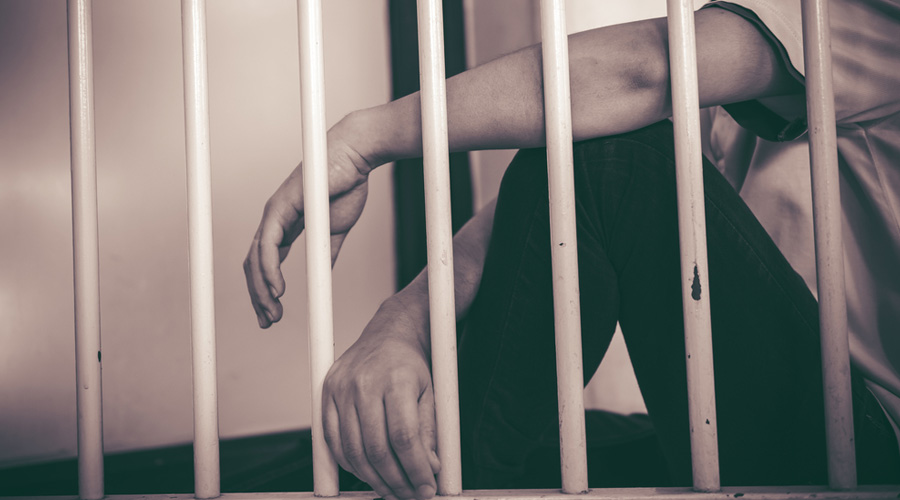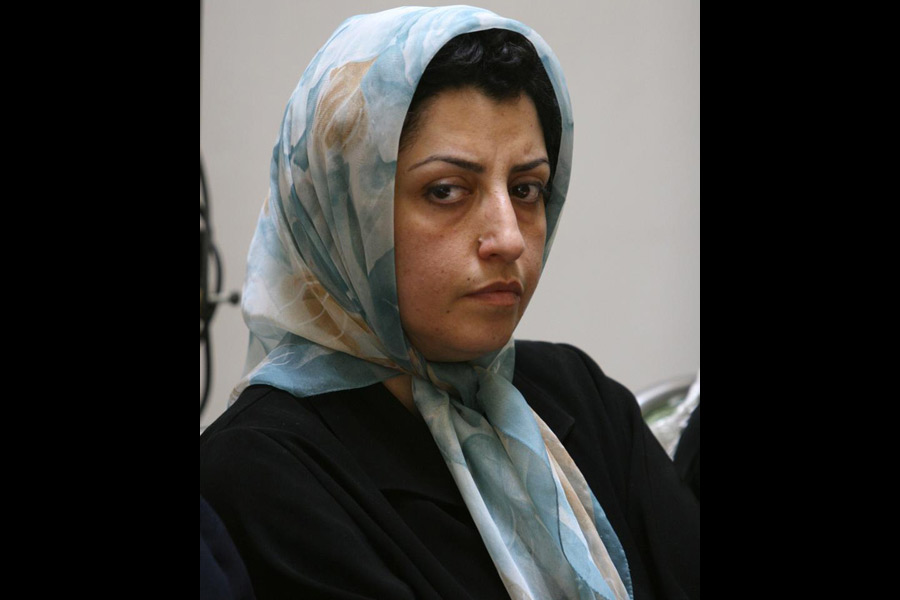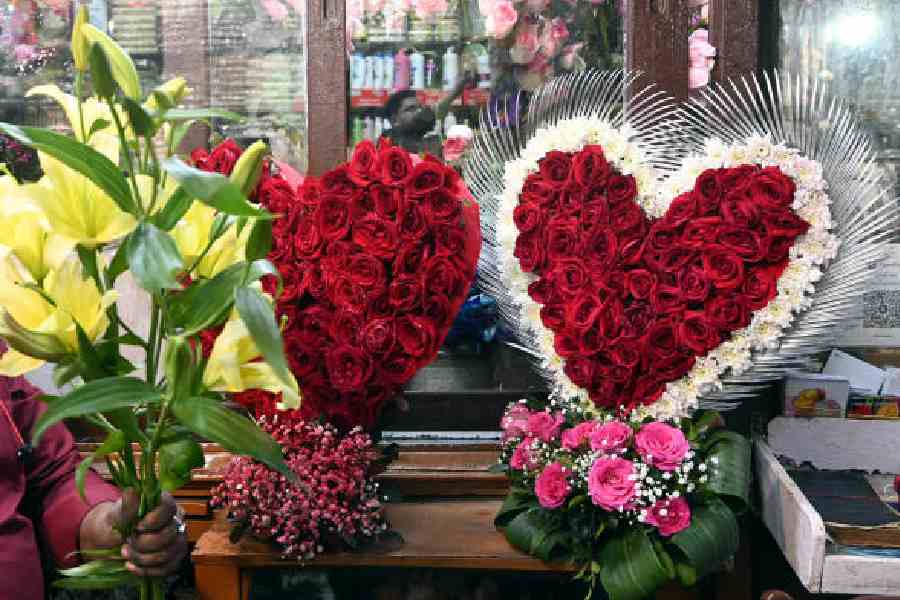The prime minister got it right. At the joint conference of chief ministers and high court chief justices, in which the Chief Justice of India delivered a speech reportedly mentioning how governments contributed to the courts’ caseload, Narendra Modi mentioned the staggering figure of 3.5 lakh under-trial prisoners in his own speech. In spite of the Supreme Court’s direction to release as many prisoners on bail as possible during the pandemic, the number of under-trial prisoners rose to 75 per cent. District jails house most of them and they are largely from poor and vulnerable groups, a point Mr Modi made. He suggested that each district form a committee headed by a district judge, who would assess the possibility of bail for under-trial prisoners and release them whenever possible. This suggestion brings out an anomaly in India’s justice system. In spite of the Supreme Court’s insistence on the right to bail, courts throughout the country often act as though charges are a sentence. People are denied bail at the drop of a hat. The length of their stay without trial can be related to an unawareness of their own rights or their inability to get legal help — or to the greater social, economic and political power of their accuser. This is a blatant denial of justice. By asking chief ministers and high court chief justices to give this matter priority, the prime minister seemed to be indicating where the judicial system caused its own problems — those that could be easily resolved.
But anomalies have a way of cropping up everywhere. The prime minister’s eloquent appeal on behalf of under-trial prisoners could not entirely erase the memory of incarcerated activists in the so-called Bhima-Koregaon case, for example, or protesters against the new citizenship laws. The death of the priest, Stan Swamy, in custody after bail on medical grounds had been refused him, is just one of the many truly dark moments in under-trial history. These under-trial prisoners are dissenters, articulate critics of many of the policies and actions of Mr Modi’s government. Data show that a rise in arrests drove the numbers of under-trial prisoners up by 2020. Mr Modi’s suggestion to the courts to sort out this issue would inevitably bring up questions of the government’s role in their growing presence.










